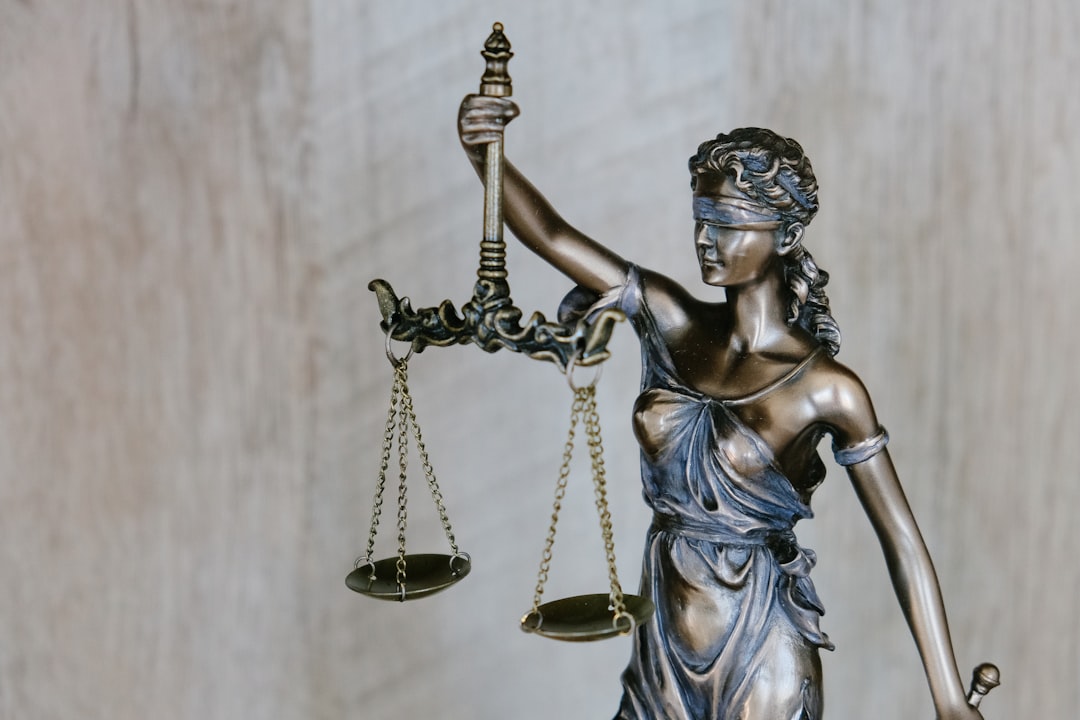Surveillance cameras in Kansas play a critical role in combating sexual assault by providing evidence to support cases, deter threats, and ensure swift justice. Rape lawyers and attorneys leverage camera footage, aided by advanced technology like facial recognition, to build strong cases, establish timelines, verify alibis, and corroborate witness statements. While these tools enhance security, ethical considerations regarding privacy must be addressed, advocating for targeted surveillance in high-risk areas to balance security with individual freedoms. Rape law firms in Kansas specialize in navigating complex legal matters, utilizing surveillance evidence effectively while protecting victims' rights.
In Kansas, surveillance cameras are increasingly recognized as a potent tool in sexual assault prevention and prosecution. This article delves into the multifaceted role of these visual aids, exploring how they fortify cases against alleged perpetrators while navigating ethical considerations that concern communities. From understanding the technology’s capabilities to its impact on legal proceedings, we analyze the crucial involvement of rape lawyers and attorneys in utilizing surveillance evidence effectively. Discover how this approach shapes the landscape for justice in Kansas, with a focus on supporting victims and ensuring fair trials for all.
Keywords: rape Lawyer Kansas, rape attorney Kansas, rape law firm Kansas, rape lawyers Kansas, rape attorneys Kansas, rape law firms Kansas.
Understanding Surveillance Cameras: A Tool for Sexual Assault Prevention

Surveillance cameras have emerged as a powerful tool in the fight against sexual assault, offering invaluable evidence and contributing to prevention and prosecution strategies in Kansas. These visual records can capture crucial moments, providing physical proof that assists rape lawyers and attorneys in building robust cases. With the help of advanced technology, law enforcement agencies can now monitor public spaces, identify potential threats, and respond swiftly when necessary, thereby potentially deterring perpetrators and ensuring the safety of citizens, especially women.
In Kansas, where rape laws and attorney services are designed to protect victims’ rights, surveillance cameras play a pivotal role in supporting these efforts. A rape law firm or lawyers specializing in sexual assault cases can leverage camera footage to establish timelines, verify alibis, and corroborate witness statements, ultimately strengthening the prosecution’s case. By understanding how these cameras function as a prevention measure, individuals can feel more secure knowing that justice systems and legal professionals are equipped with tools to hold perpetrators accountable.
The Impact on Prosecution: How Footage Assists in Rape Cases in Kansas

Surveillance cameras play a pivotal role in preventing and prosecuting sexual assault cases in Kansas. The footage from these cameras acts as powerful evidence, significantly impacting rape trials. When a sexual assault occurs, video evidence can capture crucial moments, providing a clear visual of the perpetrator and their actions, which is invaluable for identifying suspects and corroborating victim statements. This technology serves as a deterrent, as potential attackers may think twice before committing such crimes in public spaces monitored by cameras.
Rape lawyers in Kansas often rely on surveillance footage to build strong cases for their clients. The footage assists attorneys in presenting a compelling narrative, helping to secure convictions. It provides an objective and unaltered account of events, which can be critical in court. Moreover, with advancements in technology, facial recognition and image analysis techniques enable investigators to cross-reference the footage with known criminal databases, leading to faster identification and apprehension of perpetrators. This not only aids in prosecution but also ensures justice for victims by bringing their assailants to account.
Legal Perspective: The Role of Rape Lawyers and Attorneys in Using Surveillance Evidence

In Kansas, rape lawyers and attorneys play a pivotal role in navigating complex legal landscapes surrounding sexual assault cases. They are experts in utilizing surveillance evidence to build robust defenses or prosecute perpetrators. With the widespread use of surveillance cameras in public spaces, these legal professionals can access video footage that might capture critical moments related to an alleged crime. This visual evidence is crucial for corroborating or refuting claims, providing definitive answers in cases where memories may be hazy or testimonies contradictory.
Rape law firms in Kansas are well-versed in the legal admissibility of surveillance videos and can effectively challenge or strengthen cases based on this data. They employ strategies to ensure that any surveillance evidence used in court is obtained legally, respecting privacy rights while adhering to state laws. By engaging reputable rape lawyers and attorneys, victims can feel assured that their case will be handled with expertise, utilizing every available tool, including surveillance technology, to achieve justice.
Ethical Considerations and Community Impact: A Balancing Act for Rape Law Firms in Kansas

The use of surveillance cameras in public spaces and private properties as a deterrent for sexual assault is a double-edged sword, presenting both potential benefits and ethical dilemmas for rape law firms in Kansas. While video evidence can be invaluable in preventing and prosecuting sexual crimes, it raises significant privacy concerns within communities. Striking a balance between enhancing security measures and respecting individual freedoms is paramount for rape lawyers in Kansas to navigate this complex landscape.
Rape attorneys must consider the potential impact on victims’ rights and community trust when advocating for surveillance technology deployment. Over-surveillance could lead to a sense of constant monitoring, infringing upon citizens’ privacy and fostering an atmosphere of mistrust. Rape law firms should promote a targeted approach, focusing on high-risk areas identified by local authorities and communities rather than blanket surveillance, ensuring that the rights of innocent individuals are not compromised.





